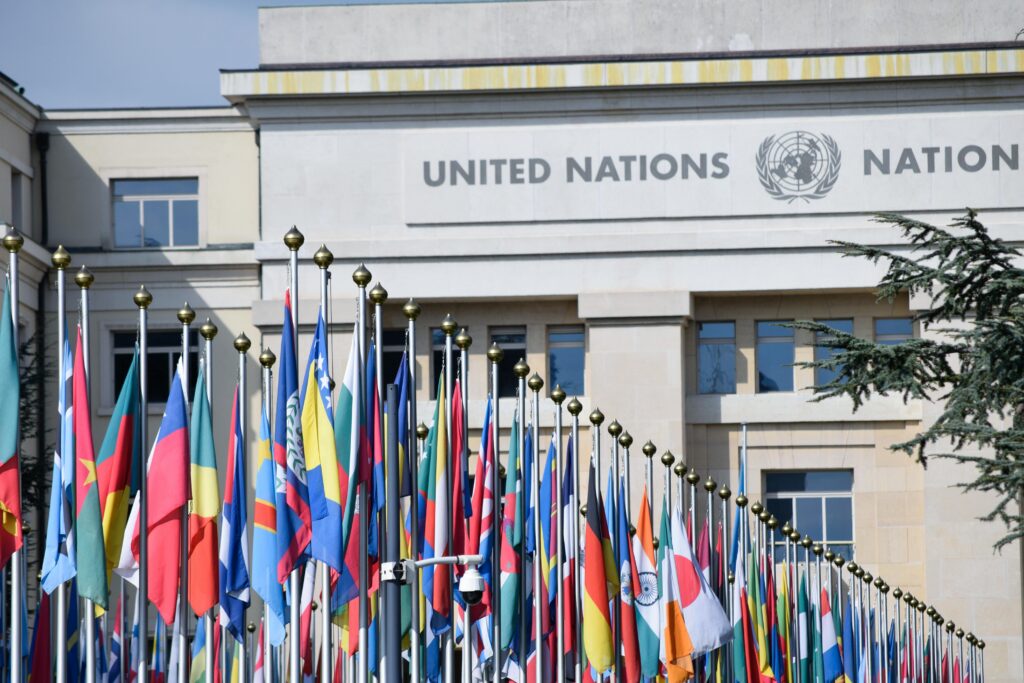
In a significant development, the United States is leading the first-ever United Nations resolution on artificial intelligence (AI), aimed at ensuring the technology’s safety, security, and accessibility for all nations, with particular emphasis on those in the developing world.
The draft resolution, up for consideration by the General Assembly, aims to bridge the digital gap between nations and ensure every country’s participation in AI discussions. It stresses the need to equip all nations with AI technology for tasks like disease detection, flood forecasting, and workforce training.
The resolution acknowledges AI’s fast progress and the necessity for worldwide agreement on its safe and reliable usage. It highlights the urgency in reaching this agreement and recognizes that governing AI is still developing, requiring more discussions on potential approaches.
Jake Sullivan, the U.S. National Security Advisor, stressed the importance of a global dialogue on handling the consequences of AI’s rapid progress. If passed, the resolution would signify worldwide backing for fundamental principles guiding AI development, aiming to use AI for positive outcomes while minimizing risks.
The drafting involved talks with 193 UN member nations, gathering input from 120 countries. Although General Assembly resolutions aren’t legally binding, they are important reflections of global opinion.
The resolution aims to use AI to speed up progress towards the UN’s 2030 development goals, like reducing hunger, poverty, improving healthcare, education, and promoting gender equality.
The draft resolution urges everyone involved – countries, organizations, tech groups, civil society, media, academia, and research bodies – to create and endorse rules for safe AI. It stresses the need to uphold human rights and freedoms in all AI activities.
The resolution is part of broader efforts for AI regulation, including the EU’s upcoming rules. It asks UN members to help developing countries access safe AI and digital transformation benefits.
Ambassador Linda Thomas-Greenfield pointed out President Biden’s acknowledgment of AI’s huge potential in his General Assembly speech. She mentioned that the resolution seeks to create global agreement on how AI should be designed, developed, deployed, and used, especially to help achieve the UN’s 2030 goals.
Thomas-Greenfield emphasized that adopting this resolution would be a historic milestone in promoting safe, secure, and trustworthy AI worldwide.
